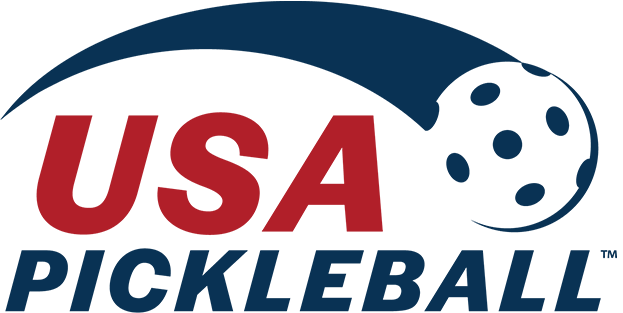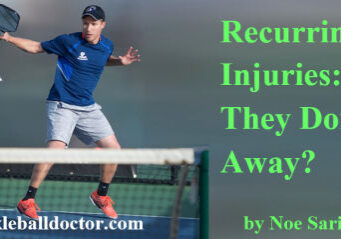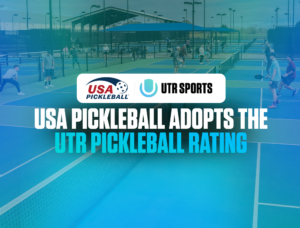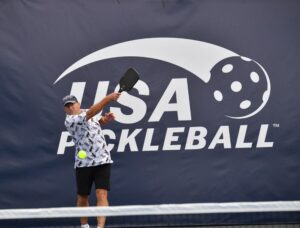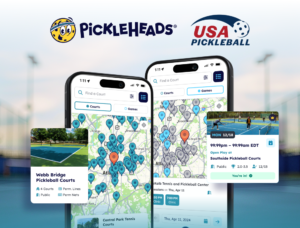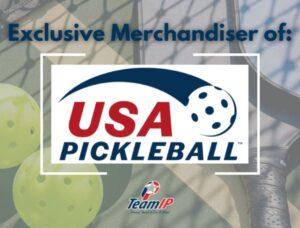Recurring Injuries: Why They Don’t Go Away?
Does this sound familiar?
You are out playing Pickleball one day, and do not notice any injury while you are playing. You wake up the next morning, and feel some soreness in a body part (shoulder, knee, Achilles, elbow, etc…). Nothing debilitating and at this time, and certainly nothing that would stop you from playing more. You return to the courts, start playing but this time, you feel a little soreness during play, with some lingering soreness after play. It finally gets bad enough that you decide to rest, and take two weeks off. It now feels better, and you then return to the courts happy to be back. However after a couple sessions of playing, the pain starts creeping back.
You decide to go see a doctor, who takes some imaging and determines you don’t need surgery at this time, prescribes some anti-inflammatories and recommends some physical therapy. You show up at physical therapy only to find out your PT has never heard of pickleball, but is confident they can help your injured body part. You do 6 weeks of Physical Therapy, which seems to help, as your pain level is now minimal. You haven’t played Pickleball in weeks, and cannot wait to be back on the courts. You decide to return to the courts, and it feels good for a few weeks, maybe even months.
But eventually, the pain returns. You are feeling frustrated, and don’t know how to proceed.
Unfortunately this is a situation that I encounter regularly, and it can be very discouraging if you are the affected person. Lingering injuries are sometimes difficult to get rid of and require proper care in order to resolve. Often times, the there is more going on than the injury site itself, and addressing all aspects of the equation is vital to recovery. For example, if your Achilles tendon is hurting, it may not be enough to just stretch and strengthen your calf. There is an entire kinetic chain above the injury site starting from your core, to your buttocks, back, hip and knees that will affect your movements on the court. If there are any mobility issues or muscle imbalances placing you at a biomechanical disadvantage over time, your injury will not get better. This applies to all injuries!
The best thing to do is to consult a Sports Physical Therapist who can address your muscle imbalances and other impairments in order to implement a long term solution.
If you have any questions, you can contact the Pickleball Doctor at: thepickleballdoctor@gmail.com
Don’t miss the next issue of the USAPA Newsetter for a complete article by The Pickleball Doctor!
Noe Sariban is a Doctor of Physical Therapy, Certified Pickleball Teaching Professional through the IPTPA, and a member of Team Engage Pickleball. Please visit www.thepickleballdoctor.com for more information on injury prevention and rehabilitation tips. Noe started his website to provide Pickleball players around the world with a reliable and free source of information. Please like his Facebook page www.facebook.com/pickleballdoctor for updates and new information.
